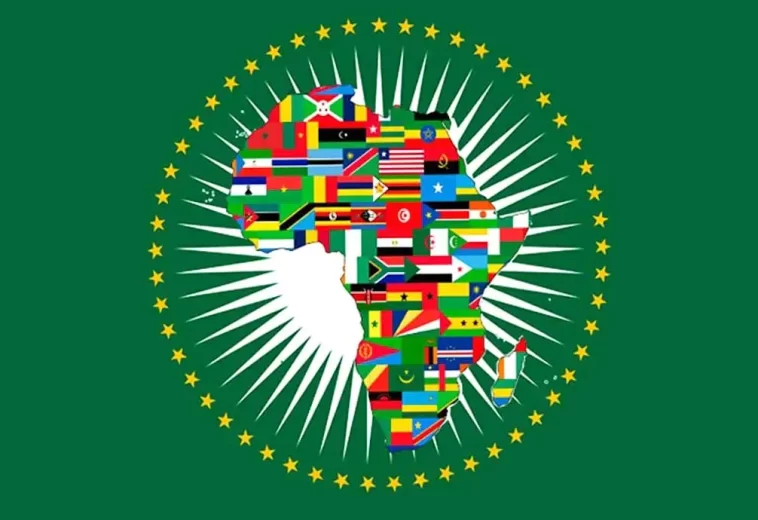In Africa, basic necessities like roads, water supply systems, and healthcare facilities remain scarce, stifling progress and perpetuating inequalities. Despite boasting six of the world’s fastest-growing economies, Africa grapples with stark economic inequality, with seven out of ten of the world’s most unequal economies situated within its borders. This reality is starkly illustrated by the continent’s status as the most unequal globally, as measured by the GINI coefficient, which quantifies income or consumption distribution.
Regardless of the great strides in global development, rural Africa still needs to be improved by adequate infrastructure. While urban centers often benefit from modern amenities, rural areas struggle with bad roads, limited access to electricity, and inadequate water and sanitation facilities.
This stark urban-rural divide brings to light the persistent challenge of promoting adequate development across every part of the continent. Although there are numerous initiatives and investments aimed at supporting infrastructure development, huge gaps still exist, hindering economic growth, social progress, and access to essential services. Addressing these disparities requires comprehensive and inclusive strategies that prioritize the needs of rural communities.
Transportation Networks
Despite efforts to improve road networks, vast stretches of rural Africa remain disconnected due to poorly maintained or non-existent roads. This isolation stifles economic opportunities, restricts access to essential services, and perpetuates rural poverty.
Also, the quality of infrastructure, including road networks, falls short, hindering intra-African trade and economic productivity. These deficiencies come at a significant cost, adding 30% to 40% to the expenses of goods traded among African countries and stunting national economic growth by two percentage points annually while slashing business productivity by up to 40%.
Inadequate public transportation options and the absence of rail networks exacerbate accessibility challenges, limiting mobility and hindering trade and commerce in remote areas.
Energy Access
The majority of rural African households lack access to reliable electricity, constraining productivity, and stifling socioeconomic development. Energy poverty hampers educational outcomes, healthcare delivery, and the growth of small-scale enterprises.
Exploiting Africa’s abundant renewable energy resources, including solar, wind, and hydroelectric power, presents a sustainable solution to expand energy access in rural areas. Strategic investments and supportive policies are crucial to harness this potential and drive inclusive growth.
Water and Sanitation Infrastructure
Millions of rural Africans face water scarcity and contamination, leading to waterborne diseases and dire health consequences. Investing in water infrastructure, such as boreholes, wells, and water treatment plants, is imperative to ensure access to safe drinking water and improve sanitation standards.
Inadequate sanitation facilities contribute to environmental degradation and pose significant health risks. Promoting hygiene education and investing in sanitation infrastructure are essential steps to address this pressing issue.
Digital Divide and Connectivity
Rural areas suffer from low internet penetration rates, widening the digital divide and depriving communities of vital information and opportunities. Only about 38% of the population has access to electricity and internet penetration rates are below 10%. Bridging this gap requires investments in broadband infrastructure and initiatives to promote digital literacy and inclusion.
READ ALSO: Navigating the Thorny Parts of Electoral Integrity in Africa
Strengthening Information and Communication Technology (ICT) infrastructure is critical to unlocking the potential of rural economies, enhancing access to education and healthcare, and fostering innovation and entrepreneurship.
Financial Constraints and Governance Reforms
Compounding this challenge is Africa’s youthful demographic, with a staggering 75% of its population under the age of 25. However, amidst these demographic shifts and economic disparities, infrastructure remains a critical concern.
Insufficient financial resources and competing priorities constrain infrastructure investments in rural Africa. Mobilizing domestic and international financing and promoting public-private partnerships is essential to bridge the funding gap and accelerate infrastructure development.
Addressing governance challenges, enhancing transparency, and streamlining regulatory processes are imperative to create an enabling environment for infrastructure investment. Implementing effective policies and strengthening institutional capacity will foster sustainable development outcomes.


